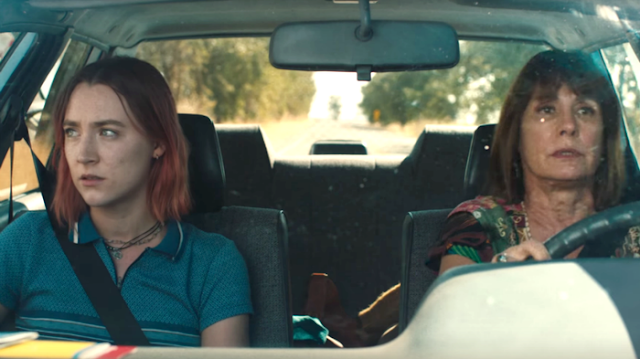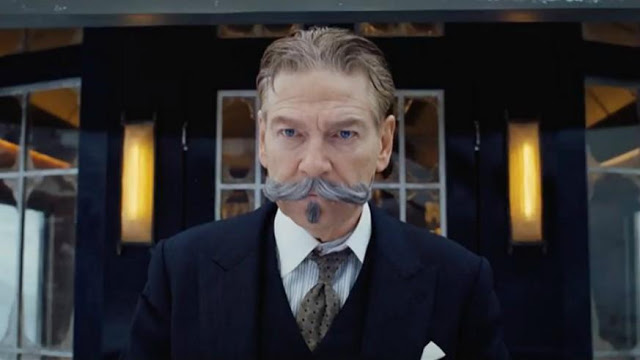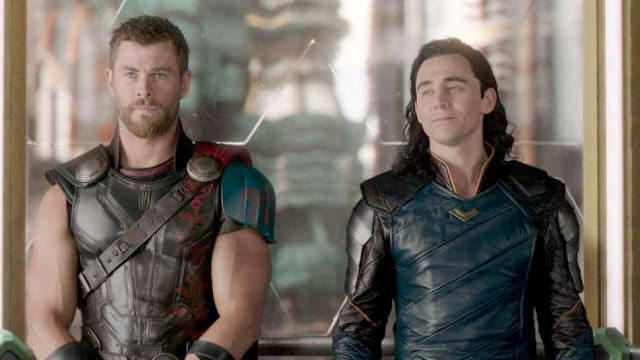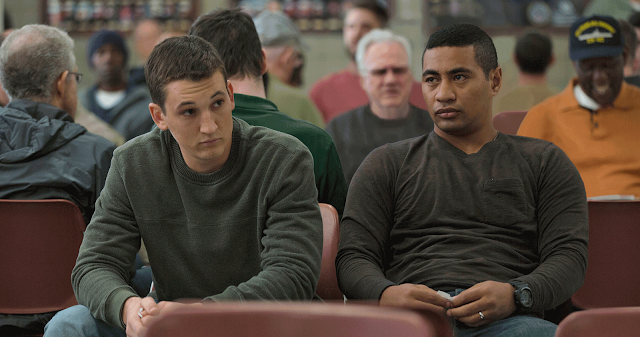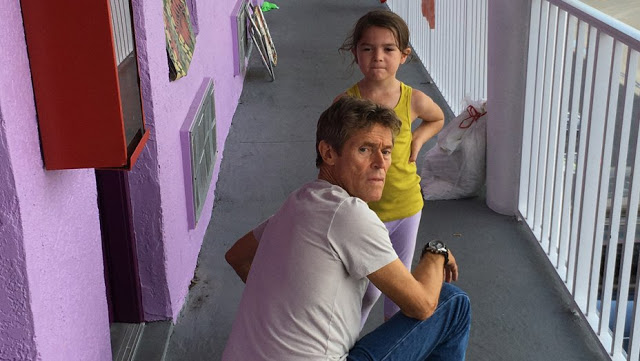Lady Bird: Desperate to Leave the Nest, But Still Learning to Fly
There is a blink-and-you’ll-miss-it moment late in Lady Bird, Greta Gerwig’s funny and piercing and achingly humane directorial debut, that perfectly encapsulates the movie’s warmth and lucidity. Christine, the tempestuous teenager at the center of Lady Bird who insists that everyone refer to her by the film’s title, is repainting her bedroom. As a ribbon of white varnish rolls over the formerly pink wallpaper, it obliterates the printed names of two boys that Lady Bird had previously scrawled into the wall. Those names, which once filled Lady Bird with ardent longing, have been erased, the desires they inspired living on only as relics of her own memory. The implications are plain: Time passes. People change. And life—forgive me if you’ve heard this before—goes on.
Movies, however, must end. Yet when the final frame of Lady Bird cut to black, I was not ready to be done with it. I preferred to linger a few moments longer in the finely textured world that Gerwig had conjured with such candor, intelligence, and care. Perhaps I was simply overpowered—by the film’s sincerity, by its humor, by its grace—but I like to think that I was expressing fidelity to one of the clichéd-but-undeniable truths that this movie articulates with such heartbreaking clarity: When you love someone, it is hard to let them go. Read More

